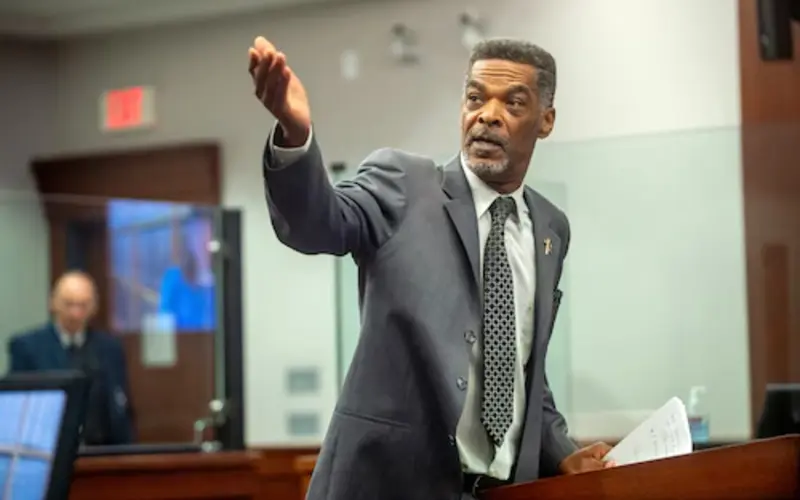Eric Mays, a well-known Flint City Councilman, passed away on February 24, 2024, at the age of 65. The official cause of death was reported as natural causes following an illness. The news of Eric Mays’ cause of death brought a wave of mourning across the Flint community, where he was both a beloved and controversial figure.
It is reported that he was a great “member of the Flint City Council from the 1st ward” from November 2013 to February 24, 2024. This article reports a comprehensive study on “Eric Mays Cause of Death” who is a great American auto worker and politician.
About Eric Mays Cause of Death
Eric Mays died at his home in Flint, Michigan, due to natural causes after an illness. The specific details of his illness have not been publicly disclosed. His passing marked the end of a significant chapter in Flint’s political landscape, where Mays served as a city councilman for over a decade.
Who is Eric Mays? A Life Dedicated to Public Service
Born on September 16, 1958, Eric Mays was a lifelong resident of Flint. He graduated from Flint Northern High School and earned a bachelor’s degree from Michigan State University. Before entering politics, Mays worked for General Motors and was active in the United Auto Workers union.
Mays began his political career in 2013 when he was elected to the Flint City Council, representing the First Ward. He quickly became known for his passionate advocacy and unfiltered speaking style. Mays was one of the first elected officials to raise concerns about the Flint water crisis, calling for investigations into the city’s water quality despite opposition from other officials. Wikipedia
Controversies and Legal Challenges
Throughout his tenure, Mays was involved in several controversies. He faced multiple suspensions from city council meetings due to disorderly conduct and was arrested on various occasions. Despite these challenges, Mays remained a steadfast advocate for his constituents, often clashing with other council members and city officials over policy decisions.Instagram
In 2015, Mays was convicted of impaired driving and sentenced to 28 days in jail. He also faced criticism for pawning a city-issued laptop multiple times, leading to a charge of willful neglect of duty. Mays pleaded no contest and was ordered to pay a fine and perform community service.
Community Reaction to His Passing
The announcement of Eric Mays’ cause of death prompted an outpouring of grief and tributes from the Flint community. Mayor Sheldon Neeley described Mays’ death as “a tremendous loss for our community and a shock to all friends and family.” The city lowered flags to half-mast in his honor.
Congressman Dan Kildee, a classmate of Mays at Flint Northern High School, expressed his condolences, stating, “Councilman Mays loved serving Flint on the City Council, and his constituents continuously re-elected him because of his bold and unwavering voice.
Mays’ nephew, Kevin Mays, reflected on his uncle’s legacy, saying, “Everything he stood for leaves a legacy for our family, leaves great steps for us to follow in. However you felt about him, what he fought for was the people and how he felt about this community. He stood on that. He stood behind it.
Legal Disputes Following His Death
Following Mays’ death, legal disputes arose regarding his estate. His son, Eric Hakeem Deontaye Mays, filed a lawsuit against the Lawrence E. Moon Funeral Home and other family members, leading to delays in funeral arrangements. The body was eventually released to his son, and the lawsuit was dismissed.
Additionally, Eric HaKeem Deontaye Mays sued the City of Flint, alleging that it had withheld a copy of Eric Mays’ $75,000 life insurance policy. This lawsuit was also dismissed.
Conclusion
Eric Mays’ cause of death was due to natural causes following an illness. His passing marked the end of a complex and impactful political career. Despite controversies, Mays was a dedicated public servant whose legacy continues to influence the Flint community.
